Here comes the axe: ZTE announces a more affordable Axon, larger storage option for the Axon Pro
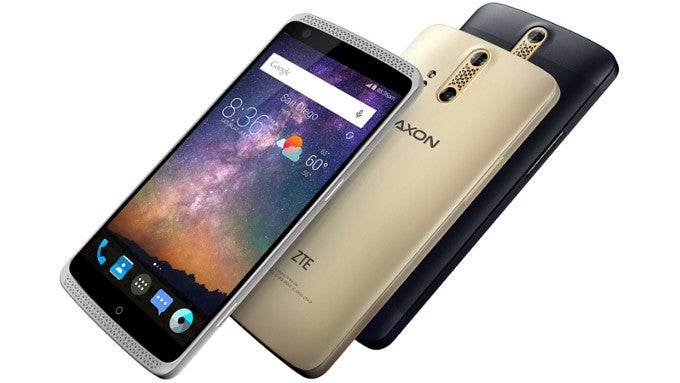
Design
The Axon's design looks like a mixture between HTC One M8 and OnePlus One aesthetics – a full metal body with a dual camera setup on its back and stereo front-firing speakers on its front. The handset measures at 6.06 x 2.95 x 0.37 inches (154 x 75 x 9.3 mm) and bears a 5.5-inch screen. The speaker grilles are situated at the very top and very bottom of the device, squeezed between the edge of the phone's body and the glass panel for the display. The screen area itself is protruding out a bit, creating this “island” look that we've seen on the OnePlus handsets before. The new Axon Pro variant is identical in looks, but both phones differ in their internals, which we will get into next.
A display for the germophobes
The ZTE Axon Pro was the first phone to make use of Corning's brand-new antimicrobial glass. Fusing the tough Gorilla Glass with an Ionic Silver Layer, Corning promises that the phone will automatically get rid of nasty bacteria for the whole lifetime of the device.
Microbes aside, both the new Axon and Axon Pro variants feature phablet-class sized displays, with their diagonals measuring at 5.5 inches. Their resolutions are pinned at 1080 x 1920 pixels for the Axon and 1440 x 2560 pixels for the Axon Pro, which brings their pixel densities to 400 ppi and 534 ppi respectively. The screens are of the TFT LCD variety and made by Sharp.
Processor and memory
For the Axon Pro, ZTE placed their bets on the slightly controversial Qualcomm Snapdragon 810 – a 64-bit, octa-core SoC, clocked at 2 GHz – and paired it with the generous 4 GB of RAM. The phone used to come in a non-expandable 32 GB storage variant. Now, ZTE expands the line with a 64 GB storage option, but still no microSD card slot.
Camera
Both the Axon and Axon Pro rock the dual camera setup – the main 13 MP sensor is paired with a 2 MP “assistant” snapper, which helps the camera take bokeh shots by providing extra information about depth of field. On the front, the phones are equipped with 8 MP wide-angle snappers for those extra-detailed group selfies.
Treat yourselves to some photos from our Axon Pro review!
Interface
The Axon Pro rocks a pretty vanilla flavor of Android 5.1.1 Lollipop – unskinned and mostly bloat-free. While there are still a few apps and functions installed on top, the experience is close to that of pure Android – including the multi-user support. Now, if we can expect a timely update to Marshmallow is something that is yet to be seen.
The curtailed Axon doesn't seem to add anything on top of that, so one should pretty much expect the same pure Android experience from it.
Price and release date
The phones should be available for pre-order from the www.zteusa.com website in the following hours. Buyers of the Axon Pro models get a free set of JBL E13 headphones, while purchasing any Axon will also get you a 50% off deal on protective gear for the handset.
The new 64 GB variant of the ZTE Axon Pro is priced at $449.98, which is a $50 increase from the 32 GB model. The more modest Axon is priced at $329.98 – not a bad offering there.


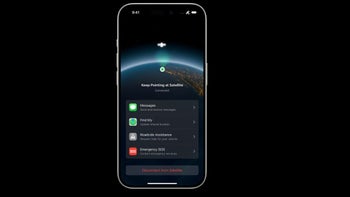



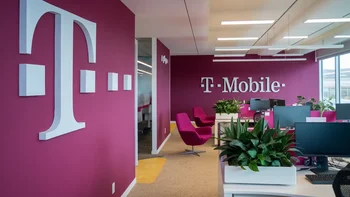

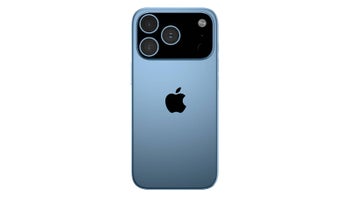
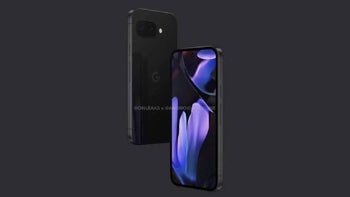
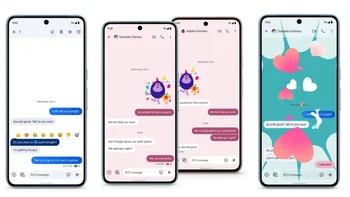
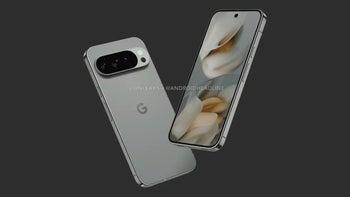
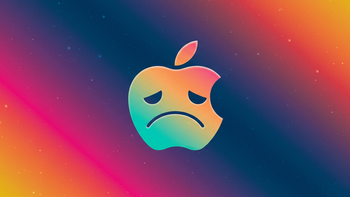
Things that are NOT allowed: